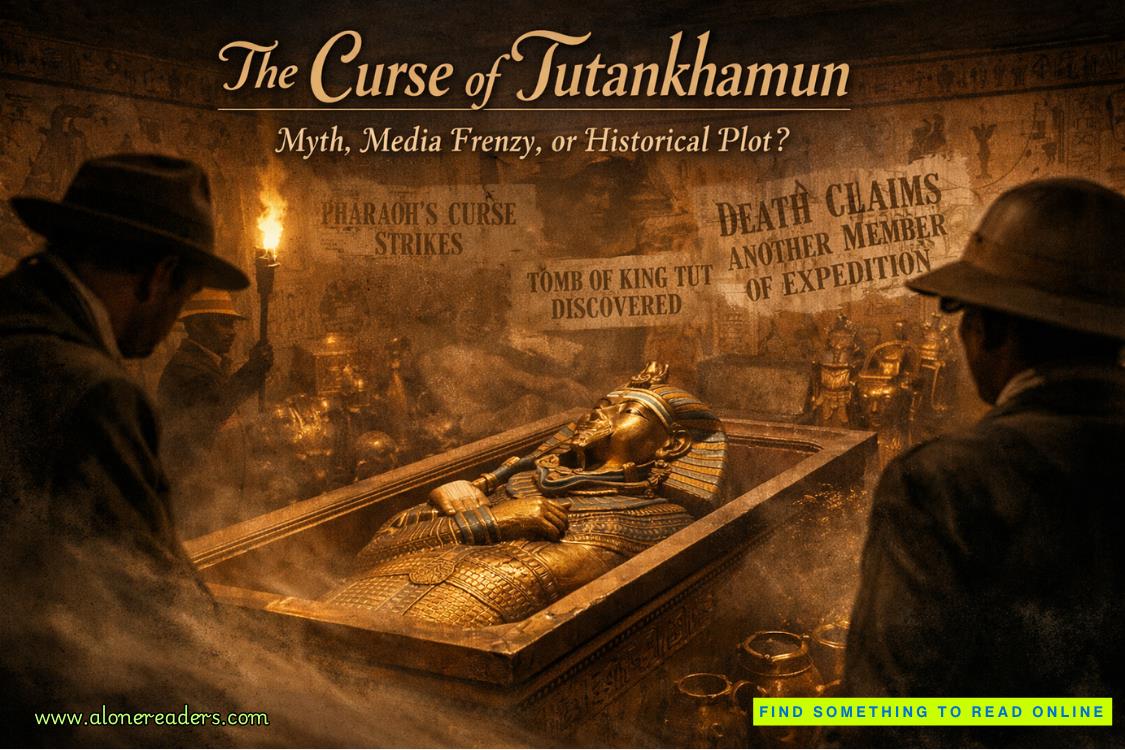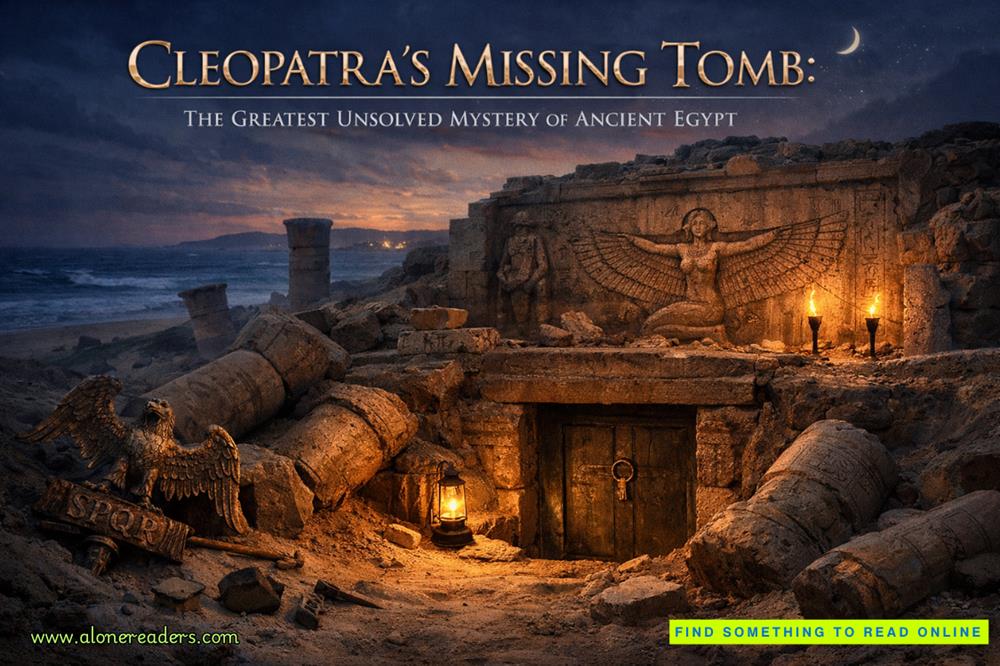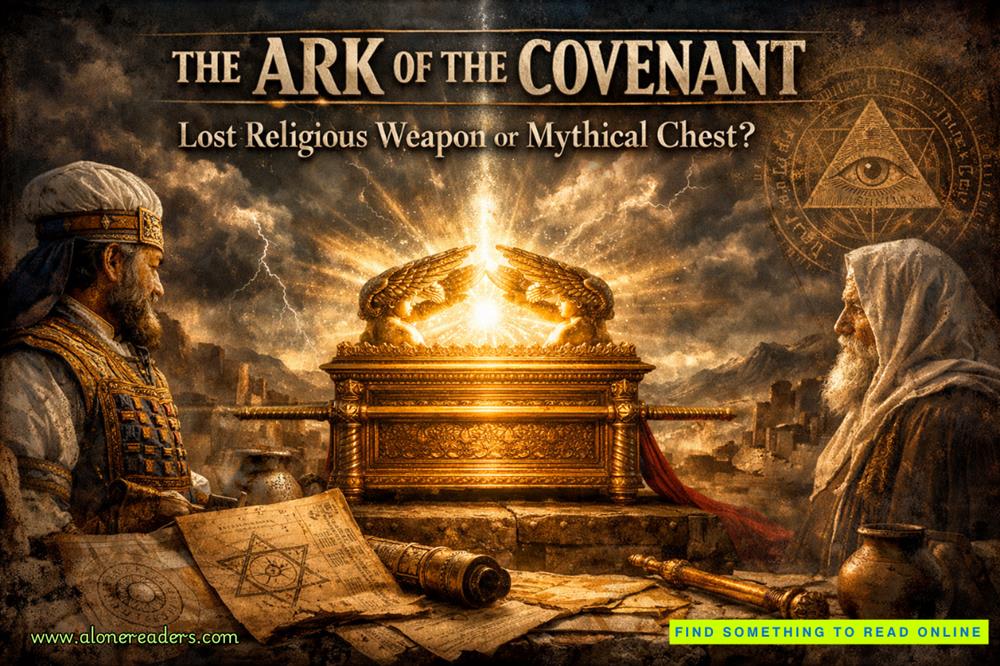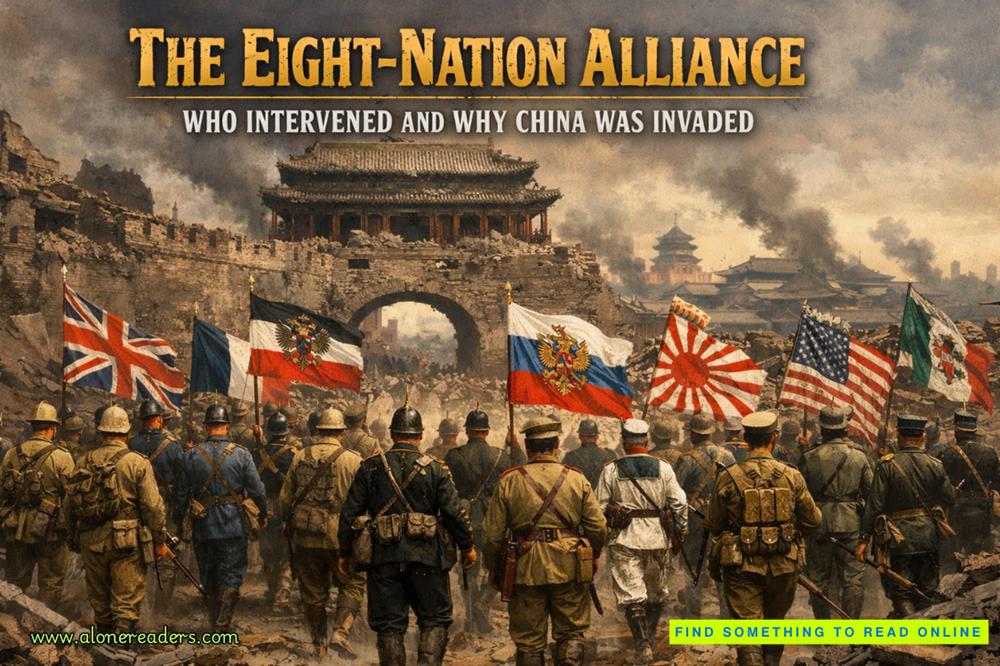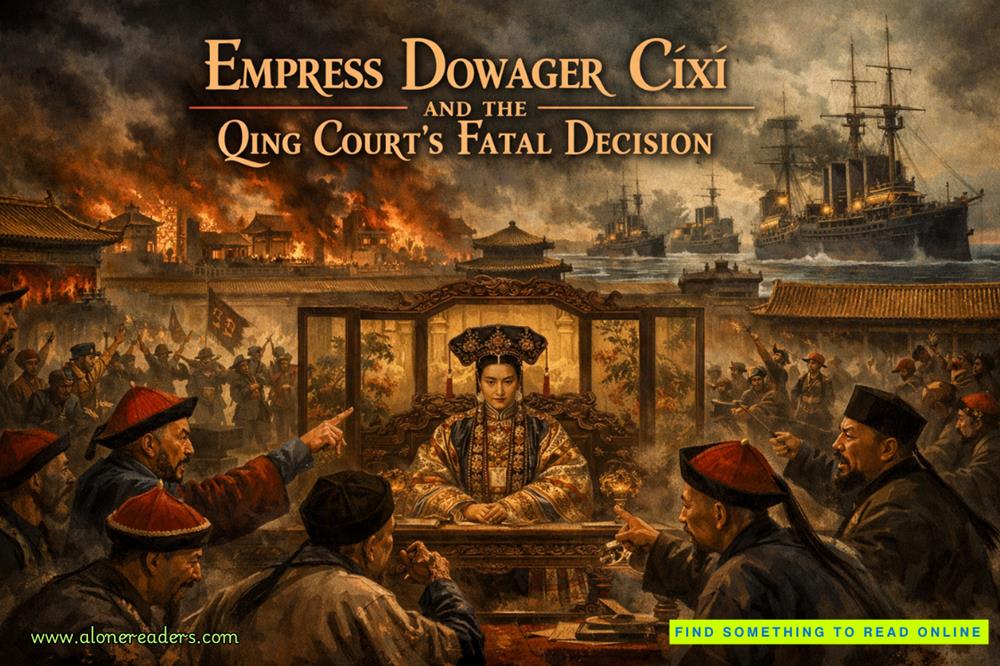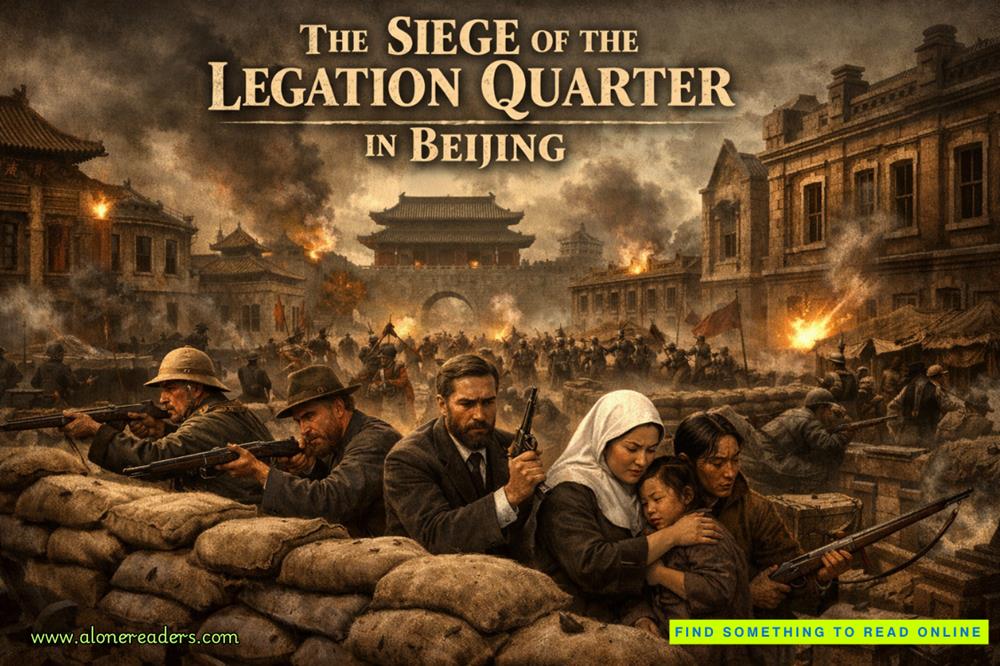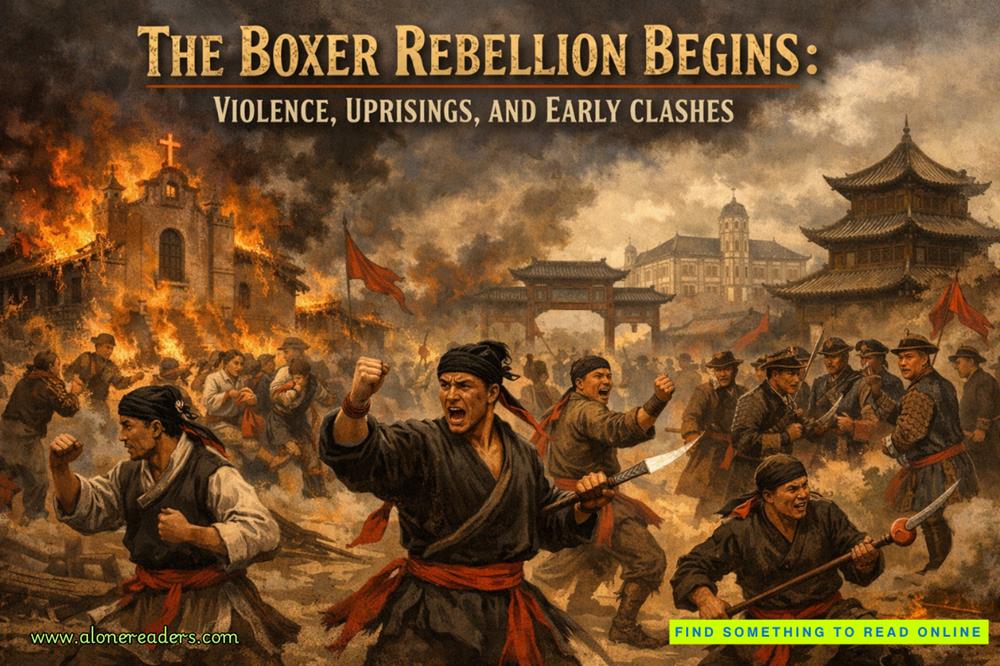“It is jambon de Bayonne,” said Dorian. “Very delicious. You will love it.”
“Dorian was telling me about your…” said Lexi. “What was his name—oh yes, Charles?”
A spasm in my larynx, and I nearly choked on my food. Why would Lexi ask about Charles? I had barely mentioned him to Dorian.
“Yes.” Slowly I set my fork down. “Charles.”
I’d practiced this moment so many times, and yet it never seemed to go as planned. Act normal. Adults don’t cry when they get their feelings hurt, do they? They don’t cry when it turns out the person they thought was their best friend was actually just using them. And yet here I was again, fighting back tears because someone mentioned his name.
“And where is he now, this Charles?”
The table was silent, everyone seemingly set to hang on my next word. Why should they care where Charles was?
“I’m not sure,” I said. “I think he took a job somewhere. Nevada, maybe?”
“Don’t you know?”
“No, I don’t know. We had a falling-out, and I honestly don’t know the first thing about him anymore. Since that day, I’ve just tried not to think about him.”
“What day?” Dorian asked.
I stared down at my fork, at the light from the chandelier glinting off the tines, and it was like I was back there again—swept back into that memory I wanted nothing more than to forget.
The last time I had seen Charles was in Washington Square Park. It was night—a full moon—and snow was falling, gathering along the upturned edges of his burgundy cap. By then I knew what he had done. By then he’d accused me of being overly sensitive, irascible—anything to avoid looking at his own behavior. And this meeting was our final act.
As I stood there that night, the pain in my chest, that monster that tore through me was unlike anything I’d ever experienced. I’d been through breakups, I’d lost loved ones. I’d been abandoned by my own father, for Christ’s sake. But those losses had made sense; there had been clear reasons, something to point to. This made no sense to me. And I never saw it coming. He was the brother I’d never had. I had trusted him completely. And yet he stared at me with utter cruelty.
“Just talk to me,” I pleaded. The words were so simple, much too simple for the expansive crevasse in my heart they represented. “Tell me why you did this.”
He turned and looked away, his gaze fixed on a nearby sundial growing slick with snow.
“Please, it’s me. Talk to me like you know me. Look into my eyes.”
He shook his head. “You want more from this friendship than I can offer.”
A cannonball straight through my chest.
“What the fuck does that mean? You think I want to sleep with you? Please. Get over yourself. You stole my research, Charles. I trusted you and you betrayed me.”
“You’re acting hysterical. It wasn’tyourresearch. It wasourresearch.”
“That’s not true. You know it’s not true. Charles, it’s me.”
“Don’t contact me again,” he said, and as he turned to leave, I saw it there for just a second, a flicker of the old him, and every piece of me wanted to reach for it, to pull him back to that timeline where he had been softness and warmth. And then that light in him was gone, the goodness in him turned to stone. Turned to rot. And a terrible guilt welled up inside me.
“Are you not feeling well?” asked Finn.
I blinked and was back in the dining room at Hildegard, the light glaring off the fork. Looking down at my salad, I now found something unsettling about the meat, sliced so thin that muscle striations were visible in the tender pink flesh. Suddenly I became queasy just looking at it.
“I’m afraid I’m not. Would you mind terribly if I went back to my bungalow?”
“Of course not,” Lexi said, though I could detect not only disappointment in her voice, but something else as well. Disapproval, perhaps?
I tried to keep it together as much as I could as I hurried down the path to my cabana. I could still hear voices and laughter drifting down from the main path. They sounded so joyful that I briefly considered turning around and joining them again, but instead I went inside, and without even pulling down the covers or turning off the lights, I collapsed into gut-churning sobs and cried myself to sleep.
The next morning, I awoke with swollen eyes and a promise to myself that I wasn’t going to think about Charles ever again. We’d see how long that would last. I made myself coffee in aFrench press I found in the kitchenette and took it and my computer out into the patio garden to breathe in the fresh morning breeze. It really was spectacularly lovely out there.
I was reading an article about the use of defensive magic in early modern England when it came to me. The bottles—I knew what they were! Throughout history, people have believed in supernatural forces as a way to make sense of that which they couldn’t explain. When their loved one suddenly grew feverish and died, it was perhaps easier to attribute that misfortune to the work of evil spirits. They of course had no knowledge of viruses and bacteria, so the horrors of the bubonic plague must have felt like the wrath of an angry god or the work of a hungry demon. By displacing their fear of disease and mortality onto an external visible source they could use folk magic to try to protect themselves against, people could at least recapture some semblance of agency. This sense of agency, real or imagined, often involved the use of what were called apotropaics, physical objects believed to be endowed with the ability to protect against bad magic and evil spirits.





